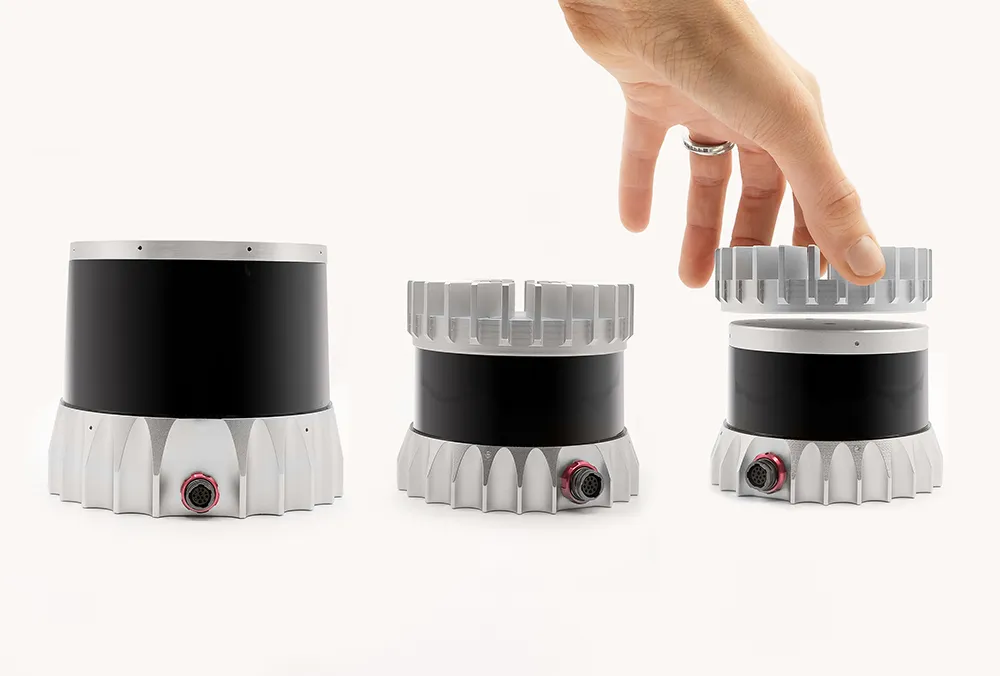Research by connected car services and location analytics provider
Inrix Research surveyed 5,054 drivers in five countries (US, UK, Germany, France and Italy) for its Connected & Autonomous Vehicle Consumer Survey to understand their experiences and perceptions of connected and autonomous vehicles.
The survey revealed three key themes around consumer experiences of, and their attitudes toward, connected cars and autonomous vehicles: concerns around data privacy, the importance of road and vehicle safety, and the level of trust and confidence in the connected car and autonomous vehicles market. The report also found that familiarity with emerging technologies and their benefits will be central to winning customers. In addition, current owners of connected vehicles (aggregated across the five countries) are significantly more receptive to connected features, more trusting of data sharing, and more likely to purchase an autonomous vehicle.
Researchers found that 1.4 times as many Americans trust tech companies to secure their connected car data than automakers, while 29 per cent of respondents do not trust any company to secure their in-car data and privacy. The trend was reversed in the four other countries with 1.5 times as many British drivers trust traditional car makers with their data compared to Silicon Valley's tech giants. 34 per cent of all respondents do not trust anyone.
Across all countries surveyed, consumers under age 44 are more likely to trust technology companies with their data, while their older counterparts have more trust in automakers. Nearly 90 percent of connected car owners trust other companies with their vehicle data, while only 60 percent of non-connected car owners trust others.
US drivers trust technology companies such as Google and Apple slightly more than automakers to build AVs, followed distantly by ride-sharing companies. Almost three times as many Germans trust traditional car makers to build autonomous cars compared to tech companies, and fewer than four per cent of respondents trust ride-sharing.
Six out of 10 US respondents believe AVs will be widely available within a decade and, while 75 per cent of Baby Boomers believe that autonomous vehicles are likely to improve access for the elderly, 53 per cent are still unlikely to purchase an AV.
In Europe, nearly half of current connected car owners say they would likely or definitely purchase an autonomous vehicle, compared to 19 percent of non-connected car owners. More than two-thirds of all Germans believe that autonomous vehicles will likely improve access for the elderly.
For US drivers, blind spot warning is the most desired new car feature, followed by stolen vehicle warning/tracking, night vision, road incident alerts and re-routing and rear/front collision alerts. While 71 per cent of respondents expect autonomous vehicles to be as safe as or safer than today's cars, 73 percent of Baby Boomers don't believe AVs will be safer than cars on the road today.
In the other four countries, nearly three-quarters of respondents said they would be most interested in blind spot warning technology, followed by night vision and rear/front collision alert. Respondents are most willing to pay for safety-related connected car tech compared with other categories like infotainment, driver assistance and vehicle management. 85 percent of Italian drivers believe AVs will be at least as safe as current cars.
"A new battleground is emerging between automakers, tech companies and ridesharing companies in the race to develop connected and autonomous vehicles," explained Bob Pishue, senior economist at Inrix. "With hundreds of millions of connected cars expected to be on the roads within the next 15 years, the market share will be owned by companies that can educate drivers and gain consumer trust."
Survey finds drivers trust traditional car makers more than tech companies to build AVs
Research by connected car services and location analytics provider Inrix indicates that consumers are more likely to trust a traditional car maker than a leading technology company when it comes to making autonomous vehicles (AVs).
May 23, 2017
Read time: 3 mins









